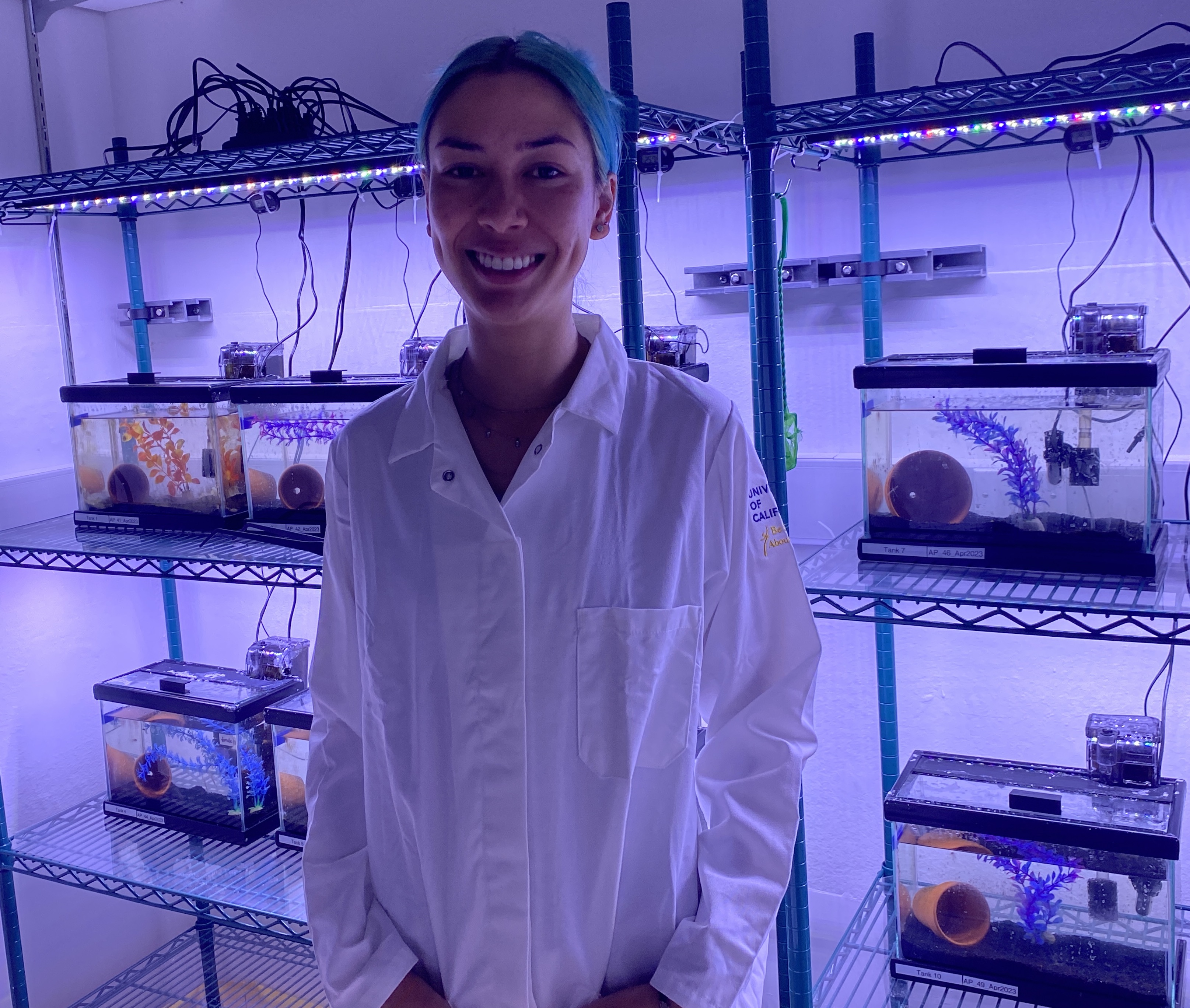
Marine cleaning mutualisms are interactions in which fish and shrimp remove ectoparasites and dead skin from larger ‘client’ fish species and receive a meal in return. These interactions positively affect client fish health and promote fish abundance and diversity. Pederson cleaner shrimp, Ancylomenes pedersoni, participate in these interactions with both predatory and non-predatory client fish species. Not all A. pedersoni are willing to clean each client that approaches, despite being offered the opportunity for a meal. Previous work has shown that cleaners may alter their behaviors towards predatory clients to mitigate the risk of being eaten. This study provides insight on the effect that individual behavioral variation may have on cleaning outcomes. We hypothesize that individual A. pedersoni vary in aspects of their behavior, more specifically their levels of boldness. We use boldness testing to investigate an individual’s willingness to clean in the presence of risk. To do so, we startle an individual cleaner while it is feeding and measure its latency to return to the food source. The boldness level of an individual is determined by its latency to return to the site of known risk. We anticipate to find varying levels of boldness in individual A. pedersoni and are investigating whether certain factors, such as sex or body size, influence an individual’s boldness. This will provide us with further insight into factors that explain the variability seen in these marine cleaning mutualisms.